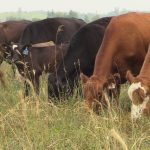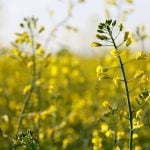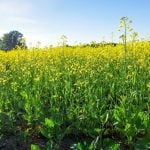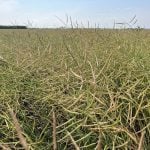Members of the House of Commons agriculture committee from all parties expressed concern about the recently announced cuts and closures at federal research centres as they began an emergency study on the matter Feb. 10.

Agriculture department officials address research cuts; to hold emergency study

Court finds Sunterra liable to U.S. lender
An Alberta court has ruled that Sunterra owes Compeer Financial $35 million after undertaking fraudulent behaviour in its U.S. operations.

Beef industry weighs in on AAFC research cuts
The Canadian Cattle Association and Beef Cattle Research Council said cuts to federal research centres and programs will have long-term debilitating consequences for the beef industry.

AAFC organic research program cut
The Swift Current, Sask. research centre is staying open, but the organic and regenerative agriculture program has been closed
Canada’s organic sector says the loss of a federal organic research program at Swift Current, Sask., will set the industry back.

Canadian Food Inspection Agency hit by job cuts
The union representing most of the Canadian Food Inspection Agency staff warned of potential food safety concerns after workers learned of coming job cuts.

Public-private consortium targets pea breeding
Partners are establishing a database that will use artificial intelligence to enhance yellow pea breeding on the Prairies
The partnership, described as the first of its kind in Canada, aims to establish a database using AI to enhance breeding on the Prairies.

SaskOilseeds welcomes massive cut to Chinese canola tariffs
SaskOilseeds calls the announcement after the prime minister’s visit to Beijing positive
SaskOilseeds says farmers are relieved tariff reductions on canola seed are coming by March 1.

Saskatchewan rural municipalities cautiously optimistic on China deal
Saskatchewan rural municipalities say the Canada-China tariff progress is an important step toward restoring predictable market access.

Progress in China pleases Saskatchewan premier
Saskatchewan premier Scott Moe says prime minister Mark Carney’s engagement with China has alleviated some of the challenges the province’s agriculture sector faces.

APAS applauds China progress; wants action on canola oil, pork
Agricultural Producers Association of Saskatchewan applauds agreement between Canada and China to reduce tariffs and trade barriers.

